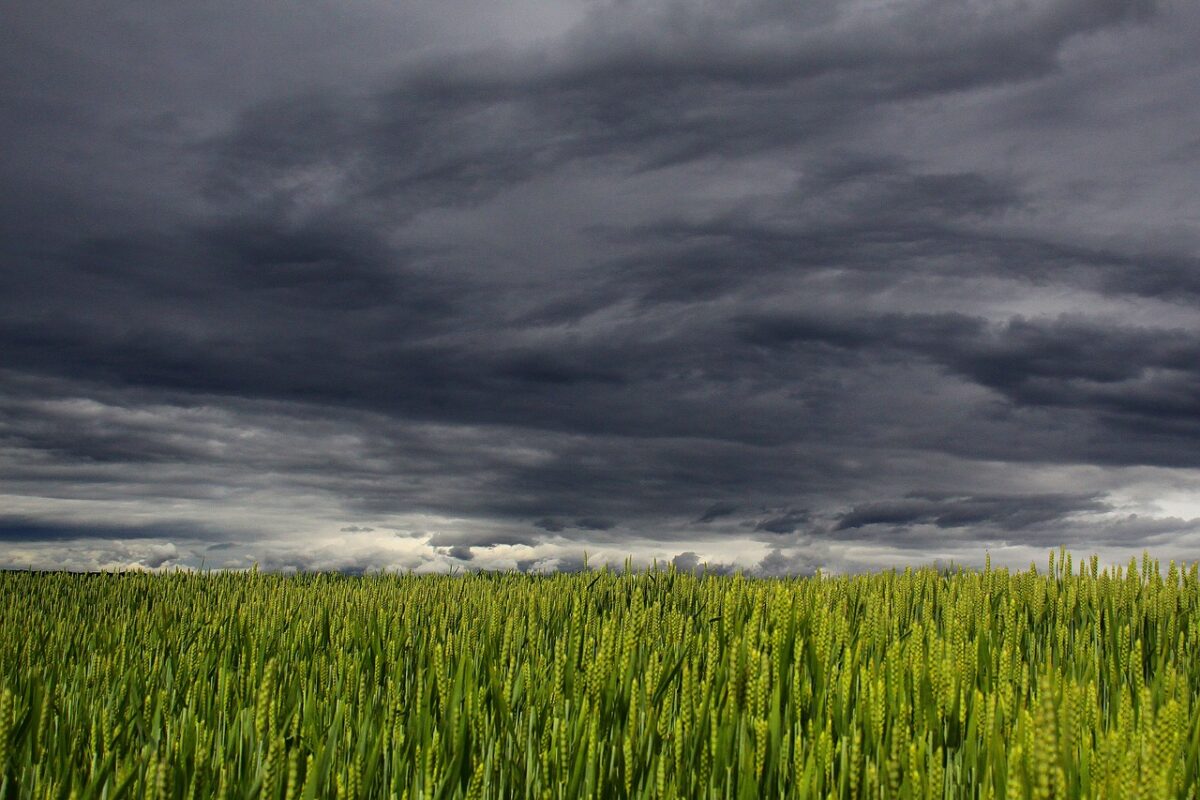Dutch Minister of Economic Affairs and Climate Policy Micky Adriaansens stated in a parliamentary letter that new restrictions are being considered for ground-mounted solar plants on agricultural land.
The provisions could be implemented in July 2024, with initial details expected to be announced in September of this year. It appears that the ban will cover nature grounds and agricultural land.
“With this unclear statement, the dutch solar sector is unable to develop solar plants on agricultural land,” a spokesperson for Dutch PV association Holland Solar told pv magazine. “We think this will have a great impact on of the energy transition.”
The trade body said in a press release that the Dutch authorities implemented initial soft restrictions for solar parks on agricultural land in 2019. These regulations stipulated that large-scale solar projects had to adhere to the “Zonneladder” preference scheme, commonly used by local entities, but it has not yet been formalized as part of the law.
The preference scheme, known as the “Zonneladder,” prioritizes solar rooftop locations over ground-mounted projects. It establishes a hierarchy for assessing location suitability, with large solar parks only allowed if no higher-ranking alternatives are viable.
Holland Solar said the new ban could harm farmers and solar developers. It also noted the importance of local administrations having a final say on authorizations.
“Municipalities can properly assess the situation on site,” it said. “There could be exceptions to the ban, but they have not yet been determined.”
This content is protected by copyright and may not be reused. If you want to cooperate with us and would like to reuse some of our content, please contact: editors@pv-magazine.com.









By submitting this form you agree to pv magazine using your data for the purposes of publishing your comment.
Your personal data will only be disclosed or otherwise transmitted to third parties for the purposes of spam filtering or if this is necessary for technical maintenance of the website. Any other transfer to third parties will not take place unless this is justified on the basis of applicable data protection regulations or if pv magazine is legally obliged to do so.
You may revoke this consent at any time with effect for the future, in which case your personal data will be deleted immediately. Otherwise, your data will be deleted if pv magazine has processed your request or the purpose of data storage is fulfilled.
Further information on data privacy can be found in our Data Protection Policy.